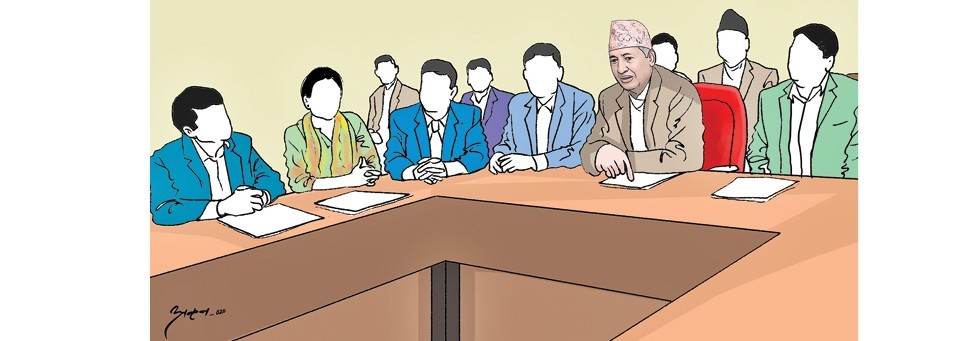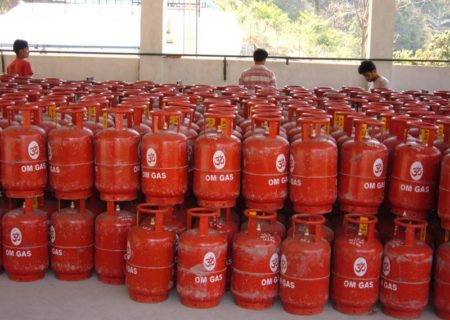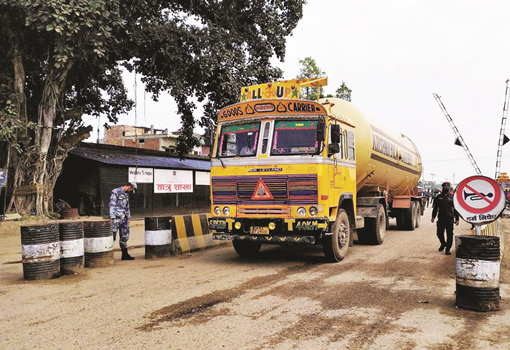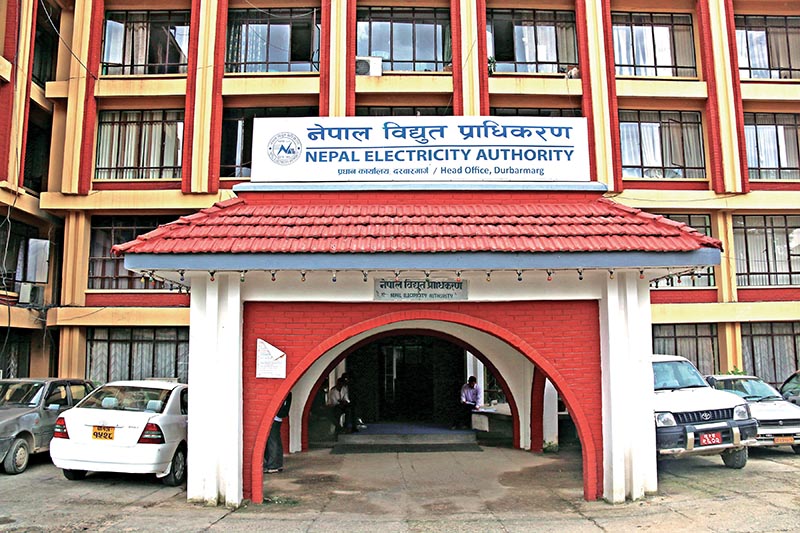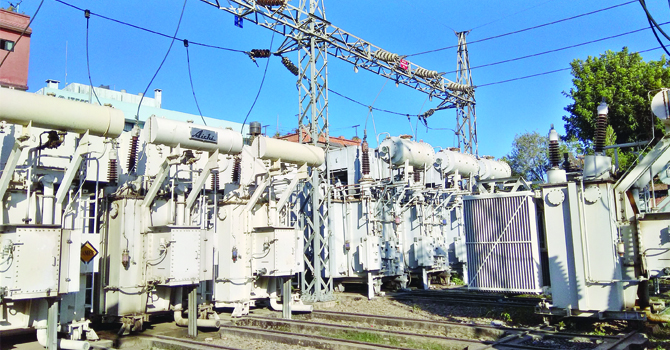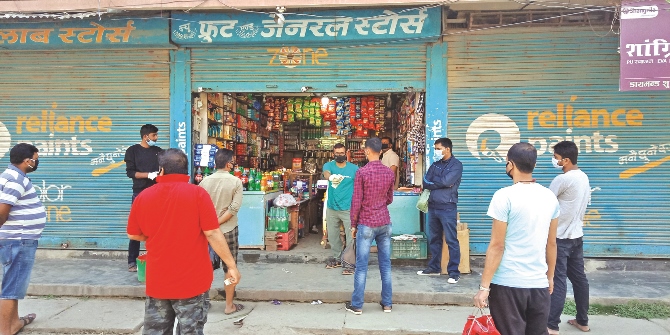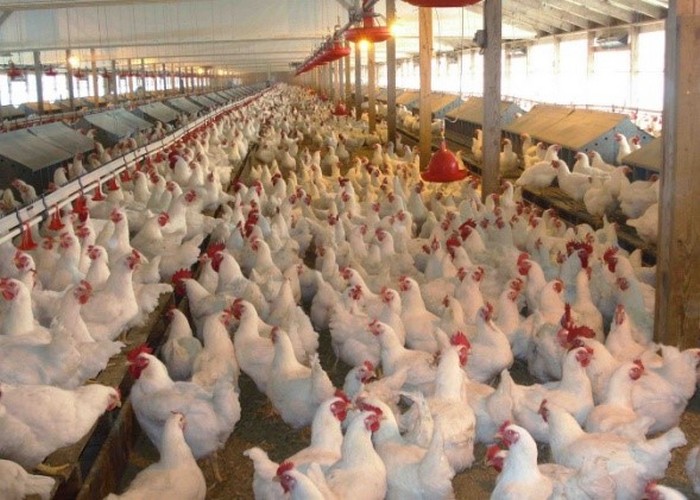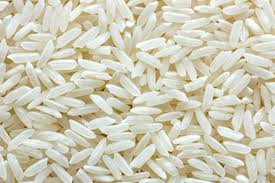Fertiliser shortage hits farmers
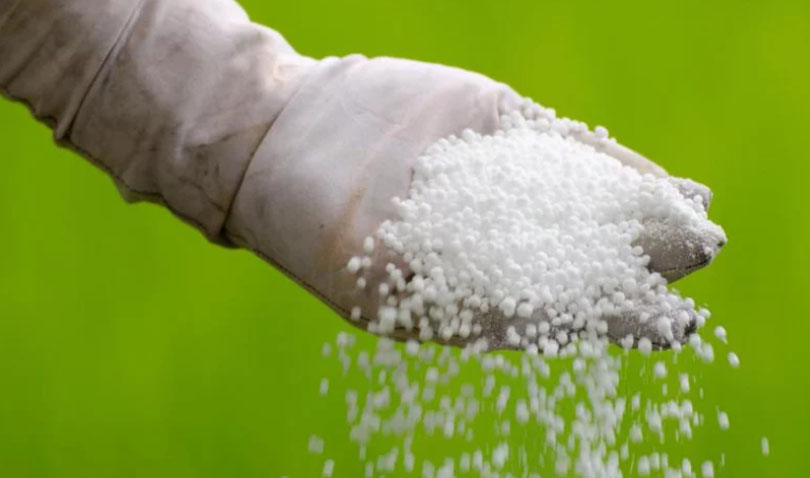
By Laxman Kafle
Kathmandu, Dec. 5: Skyrocketing price hike of chemical fertilisers in the international market is leading to an acute shortage of chemical fertilisers in Nepal.
“The price of chemical fertiliser has tripled in the international market this year compared to last year. There is a problem in the purchase as the price of chemical manure continues to rise, said Netra Bahadur Bhandari, managing director of Agriculture Inputs Company (AICL).
Chemical fertiliser, which was purchased at USD 341 per tonne last year, has not been found at USD 949 this year, he informed. However, per tonne price of fertiliser has reached above USD 1,100 in the international market at present.
"We only say that the contractor company did not bring fertiliser, there is only a shortage in Nepal, but we do not pay attention to why the fertiliser did not come in time. Prices have tripled in one year,” Bhandari told The Rising Nepal.
He claimed that the contractor company could not bring the fertiliser in time as there would be a big difference between the contract and the purchase of fertiliser.
The high demand for fertilisers against low production due to COVID-19 is the main reason behind increased price in the international market, Bhandari said.
He said that around 240,000 tonnes of fertilisers can be imported from the budget allocation of Rs. 15 billion this year if the present price remains the same.
“The price of fertiliser has been changing every week in the international market. If the price goes up further, the import of fertilisers will decrease,” he said.
“We, both the AICL and Salt Trading Corporation, will be able to bring half the amount of fertilisers that were imported last year even if the budget allocation for fertilisers increased this year,” he said.
Last year, around 402,000 tonnes of fertilisers had been imported from a budget allocation of Rs. 11 billion. This amount of fertilisers imported was the highest ever for Nepal.
The annual demand for chemical fertilisers in Nepal is 700,000 tonnes. The government has also been providing subsidies for the purchase of chemical fertilisers.
AICL and STC are importing fertilsiers and distributing to the farmers at subsidised rate from the budget allocation by the government. AICL holds around 70 per cent and SCT 30 per cent of the total budget allocation for fertiliser import and sales.
He said that there was no likelihood to ease the supply of fertilisers until the price of fertilsiers reduced in the international market or increase budget by the government.
“Either the government should increase budget or increase the selling price to import more fertilsier and distribute to farmers,” he said.
Currently, the AICL and the STC are selling urea at Rs. 14,000 per tonne, potash at Rs. 31,000 per tonne and DAP at Rs. 43,0000 in subsidised rate. Bhandari said that the government is selling fertiliser at up to 90 per cent subsidy.
Farmers across the country are facing the shortage of chemical fertilisers even as the season of winter crops sets in.
There is an acute shortage of chemical fertilisers in the country as both public enterprises – AICL and STC - have very little fertiliser in stock, he said.
AICL has 2,673 tonnes of urea, 3,000 tonnes of DAP and 408 tonnes of potash in stock at present, he said, adding that around 50,000 tonnes of fertilsiers is in the process of import.
He, however, said that they were making an effort to import fertilisers at the earliest to overcome the shortage for winter crops.
According to the Ministry of Agriculture and Livestock Development, the government had written to the government of India to provide 150,000 to 200,000 tonnes of fertilisers annually for five years in G2G moedl, which is in the process of being approved by the government of India.
Similarly, the ministry claimed that out of the total 50,000 tonnes purchased by STC and AICL from IPL, around 45,000 tonnes of fertilisers have been received and around 5,000 tonnes are on the way.
Recent News

Do not make expressions casting dout on election: EC
14 Apr, 2022
CM Bhatta says may New Year 2079 BS inspire positive thinking
14 Apr, 2022
Three new cases, 44 recoveries in 24 hours
14 Apr, 2022
689 climbers of 84 teams so far acquire permits for climbing various peaks this spring season
14 Apr, 2022
How the rising cost of living crisis is impacting Nepal
14 Apr, 2022
US military confirms an interstellar meteor collided with Earth
14 Apr, 2022
Valneva Covid vaccine approved for use in UK
14 Apr, 2022
Chair Prachanda highlights need of unity among Maoist, Communist forces
14 Apr, 2022
Ranbir Kapoor and Alia Bhatt: Bollywood toasts star couple on wedding
14 Apr, 2022
President Bhandari confers decorations (Photo Feature)
14 Apr, 2022


